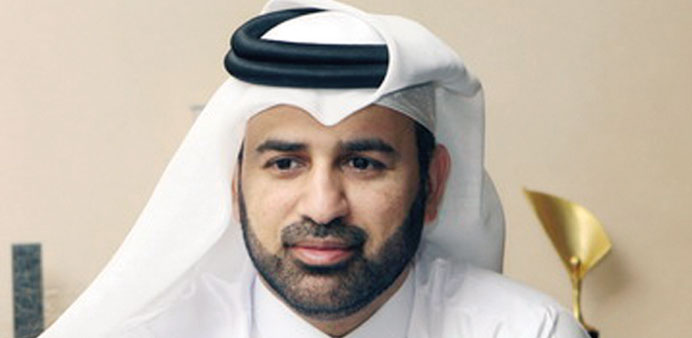Khalid bin Ibrahim al-Sulaiti, General Director of Katara, expressed Qatar’s keenness to develop cultural ties and exchanges with Uzbekistan by participating in the Asrlar Sadosi cultural festival.
By Hamza Jilani/Staff Reporter
Katara is currently representing Qatar in the annual ‘Festival of Traditional Culture’, also known as Asrlar Sadosi (Echo of ages), which is hosted by the Republic of Uzbekistan in co-operation with Unesco in the Navoi region. The participation aims to show keenness of co-operation and cultural exchange between the two countries, according to Khalid bin Ibrahim al-Sulaiti, General Director of the cultural village Katara.
“By participating in such international celebrations, we aim to identify patterns of diverse and rich culture and heritage of peoples, which is extended throughout history,” he said.
“Uzbekistan is and has been home to great Muslim scholars, poets, philosophers Islamic clerics, rulers and leaders such as Imam Al-Bukhari and Abu Nasr Al-Farabi, Ibn Sina and Abu Al-Qasim Zamakhshari and Prince Timor and others, who have left a brilliant impact on the history of Islamic civilisation.”
Al-Sulaiti affirmed that the relationship between the State of Qatar and the Republic of Uzbekistan is witnessing “remarkable development”, active and effective on more than one level and in particular aspects of cultural and artistic heritage, as he puts it, which confirms “the desire of both countries and their strong keenness on improving these relationships to achieve their common interests and aspirations of their peoples towards more convergence and growth”.
Al-Sulaiti described Uzbekistan as a museum rich with cultural heritage because of its historical monuments, shrines, mosques, beautiful modern buildings, museums and galleries
“This country is truly praiseworthy – especially in light of its construction works and the ongoing massive improvement in Tashkent – its capital,” he said, adding that the ancient city was titled the Capital of Islamic Culture in 2007 by the Organisation of Islamic Conference.
According to al-Sulaiti, scientists from Uzbekistan’s former name, Transoxiana, played a great role in the history of the development of Islamic civilisation by forming a scientific and cultural bridge between Asia and the Arab world.
“They set up the basis for the development of relations between the Arab and Islamic countries, especially the Gulf countries, including Qatar, to meet the interests of peoples,” he said.
Al-Sulaiti referred to the eighth century philosopher Abu Nasr al-Farabi, who analysed the studies Plato and Aristotle from Islamic perspective, the 19th century’s scientist Ahmad Al-Farghani, also known as Alfraganus in the West, who authored “Elements of Astronomy on the Celestial Motions”.
The festival’s events will include traditional and popular fashion shows, photographic exhibitions, artifacts exhibitions and dining tables for popular and national foods of the participating countries, folk dance performances and musical concerts.

